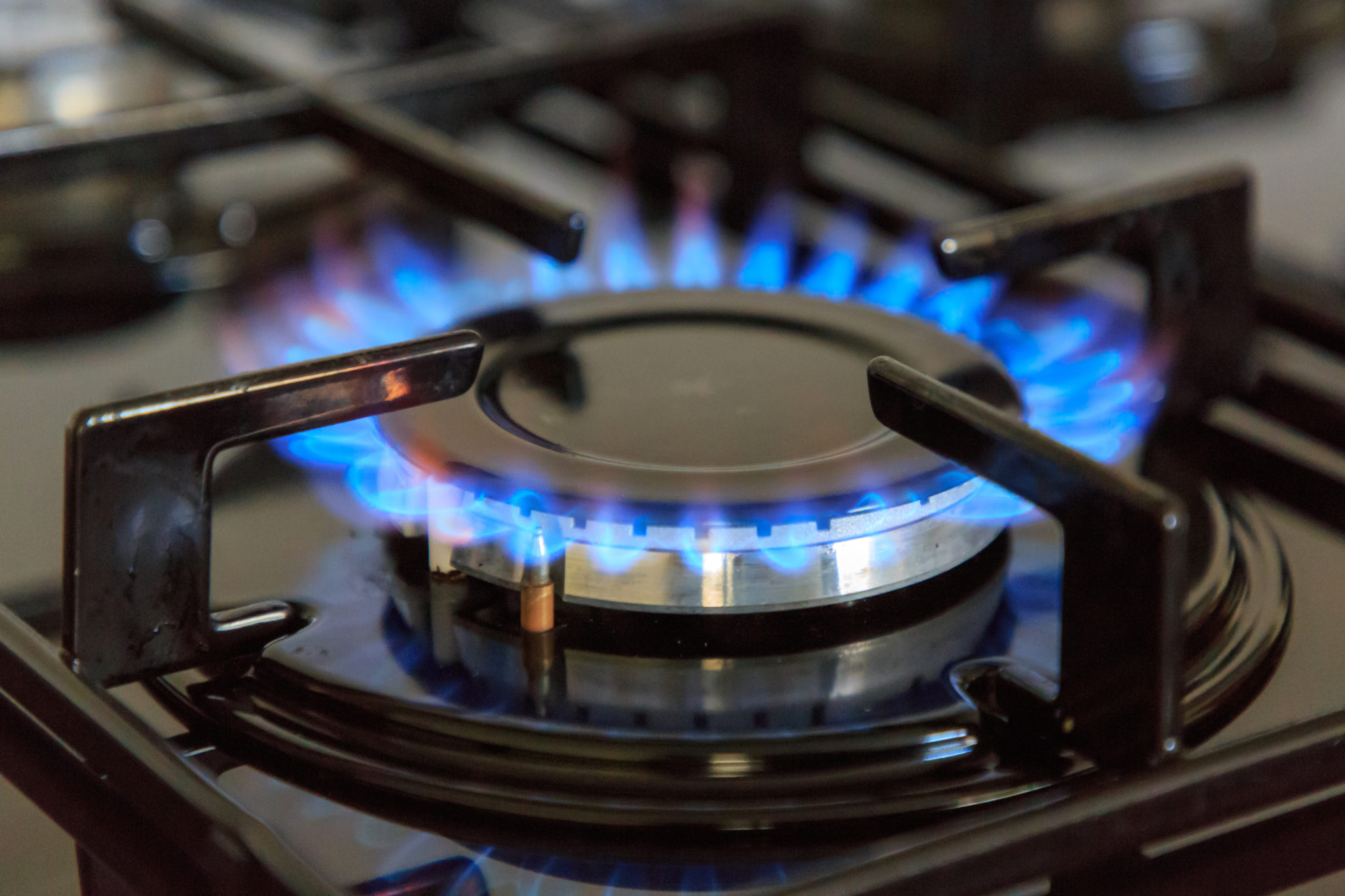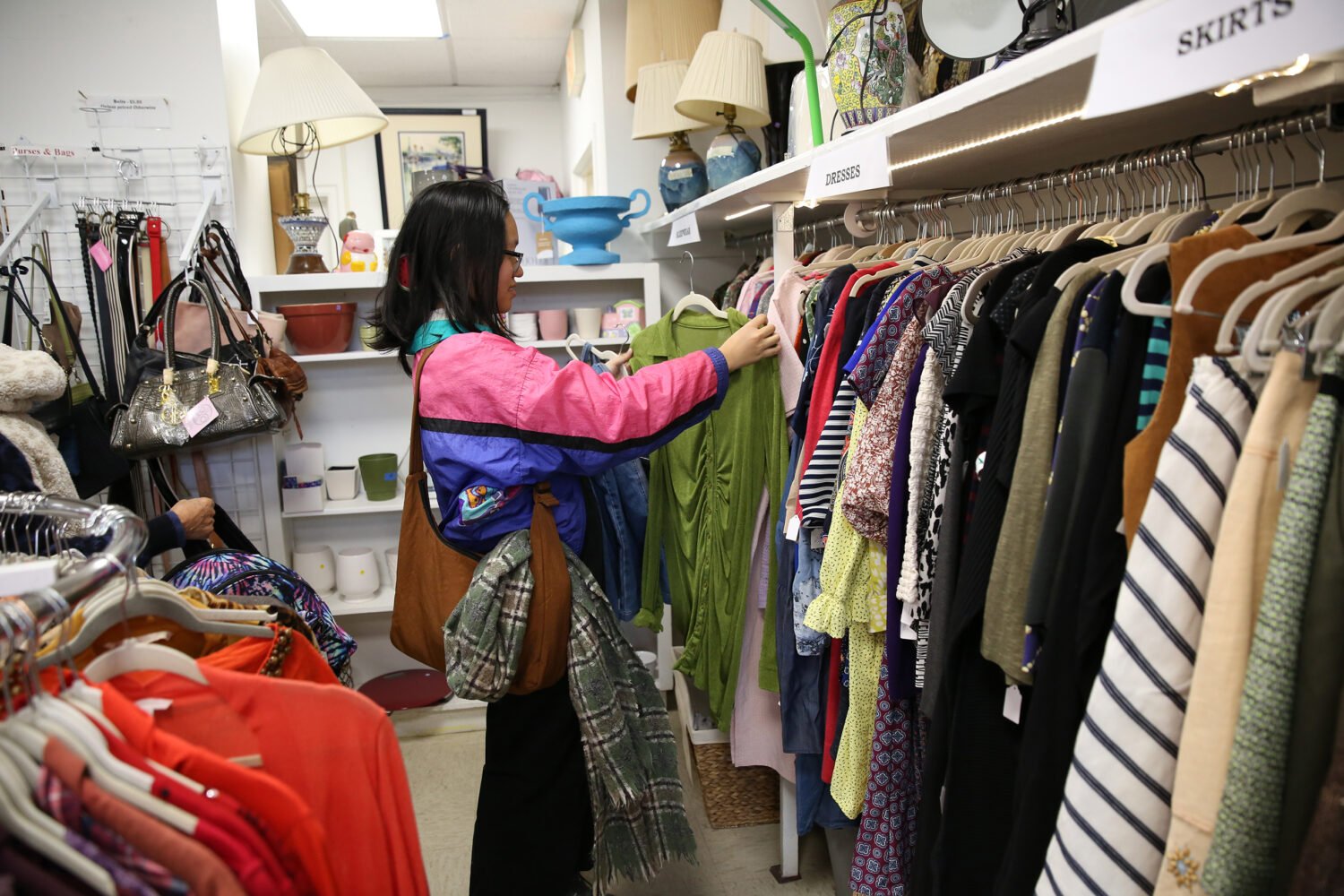You’ve likely heard about the whole gas stove debate by now: A few weeks ago, a US Consumer Product Safety Commission official brought up the idea of a gas stove ban due to research that points to the appliances’ potentially detrimental effects on users’ health.
Predictably, some people had a freakout about the idea of the government taking away their gas stoves. Florida Governor Ron DeSantis even tweeted out a “Don’t Tread On Me”—like meme featuring a gas stove, because of course.
Don’t tread on Florida, and don’t mess with gas stoves! pic.twitter.com/FNETzpuANe
— Ron DeSantis (@GovRonDeSantis) January 12, 2023
While the safety official and President Biden both assured the country no ban was in the works, the discourse is in the news once again thanks to a new Department of Energy proposal released last week that would provide new energy-use thresholds for gas stoves.
Meanwhile, DC just introduced a bill that would cover the costs of switching to electric stoves for households making under $80,000 year, as well as raise the the permit fees for renovations adding fossil fuel-dependent appliances.
The discussion is impacting some homeowners’ decisions in the DC area: Derek Baxter, a designer at Alexandria’s Select Kitchen & Bath, says that he’s had three clients change their minds about using gas stoves in their projects due to the news about environmental and health impacts. One of his clients even recently returned the gas stove they’d already purchased for their new kitchen mid-project, opting instead for an induction stove.
”Gas cooking is a very polarizing subject,” says Baxter. While gas stoves are the go-to for most of Baxter’s clients, he’s seeing higher numbers of people ask for induction stoves as they become more mainstream. It’s mostly young people who come to him with concerns about gas stoves or are open to alternative options, he says. “It’s just a matter of their social consciousness or awareness,” says Baxter. “Someone who’s an older generation, they’re kind of like, I’ve been cooking with XYZ for the last 40 years. I need to still cook with XYZ, because that’s how I know how to cook.”
Gas stoves tend to be the move for people who are doing aspirational glow-ups to their kitchens, says Paul Lobkovich, a founding partner at Tysons’ Lobkovich Designs, as they have more of a foodie reputation. “Everybody that likes to cook will tell you they love their gas range because of the ease of cooking on it, the immediacy of the flame, the way they can turn it on and off,” says Lobkovich. “That’s sort of the classic way of cooking.”
Almost all of his clients opt for gas stoves, says Lobkovich, and he hasn’t heard any concerns from them about safety or environmental impact. But Lobkovich does point out that many of makers of high-end gas stoves, like Wolf and Miele, now offer induction options.
So—do we actually need to be worried about the health effects of gas stoves? It’s hard to say, says Kaiser Permanente pulmonologist Eileen Hsu. Cooking with a gas stove releases nitrogen dioxide, which can irritate and harm the lungs and has been connected to an increased likelihood for childhood asthma. Additionally, a recent Stanford survey found that gas stoves emit more methane than originally thought. But Hsu says that, while such findings do pose cause for concern, more research needs to be done before a definitive conclusion can be made.
“I do think there are potential concerns from cooking in general, and specifically with natural gas,” she says. “There’s probably not enough data out there to say that it’s definitely harmful. But it is something that would be worthwhile keeping an eye on.”
Johns Hopkins pulmonologist Hassan Chami agrees. ”I don’t think the evidence for a solid recommendation is available,” he says. “[But] is there a concern? Yes.”
While both doctors stress that there isn’t enough evidence for everyone to immediately send their stoves to a landfill, they do recommend using a fan or opening doors and windows when cooking to ventilate the area. And Chami suggests using a hood range that carries stove emissions outside or an indoor air-monitoring device, as well as regularly checking the stove for leaks.
Baxter agrees there’s currently not a one-size-fits-all solution to the concerns some might have about gas cooking. Personally, he would continue to use a gas stove with proper ventilation if that’s what was available to him, he says, and then perhaps consider an induction stove when it was time to upgrade.
Amid all the uncertainty surrounding this issue, Baxter’s biggest tip is self-education—figure out what you’re comfortable with in your own home. “People are still going to have their viewpoints, just like with everything else you run into in society these days,” he says. “As a homeowner, you should do your own research so you can make up your own mind on it.”

















